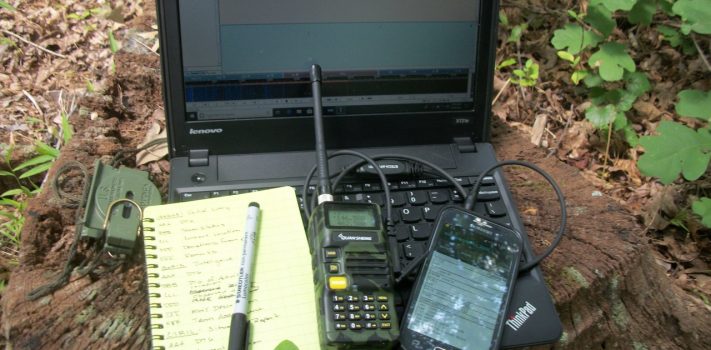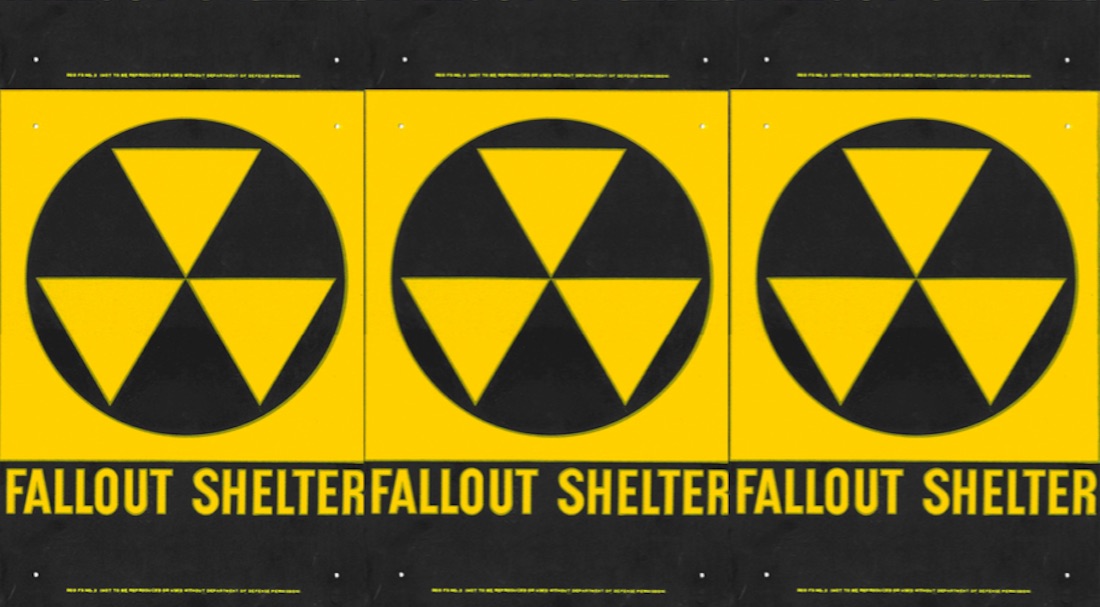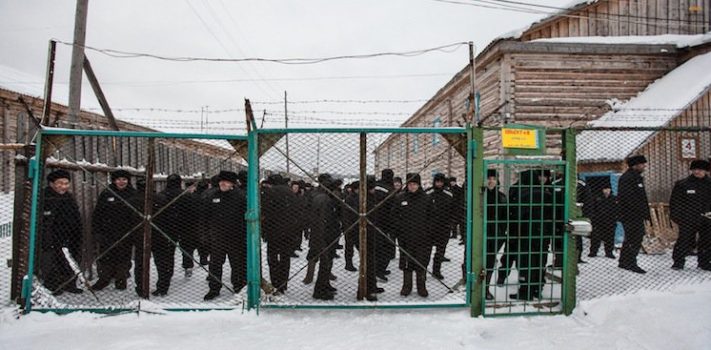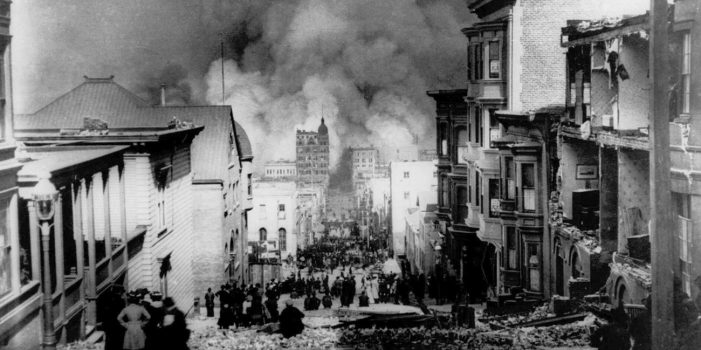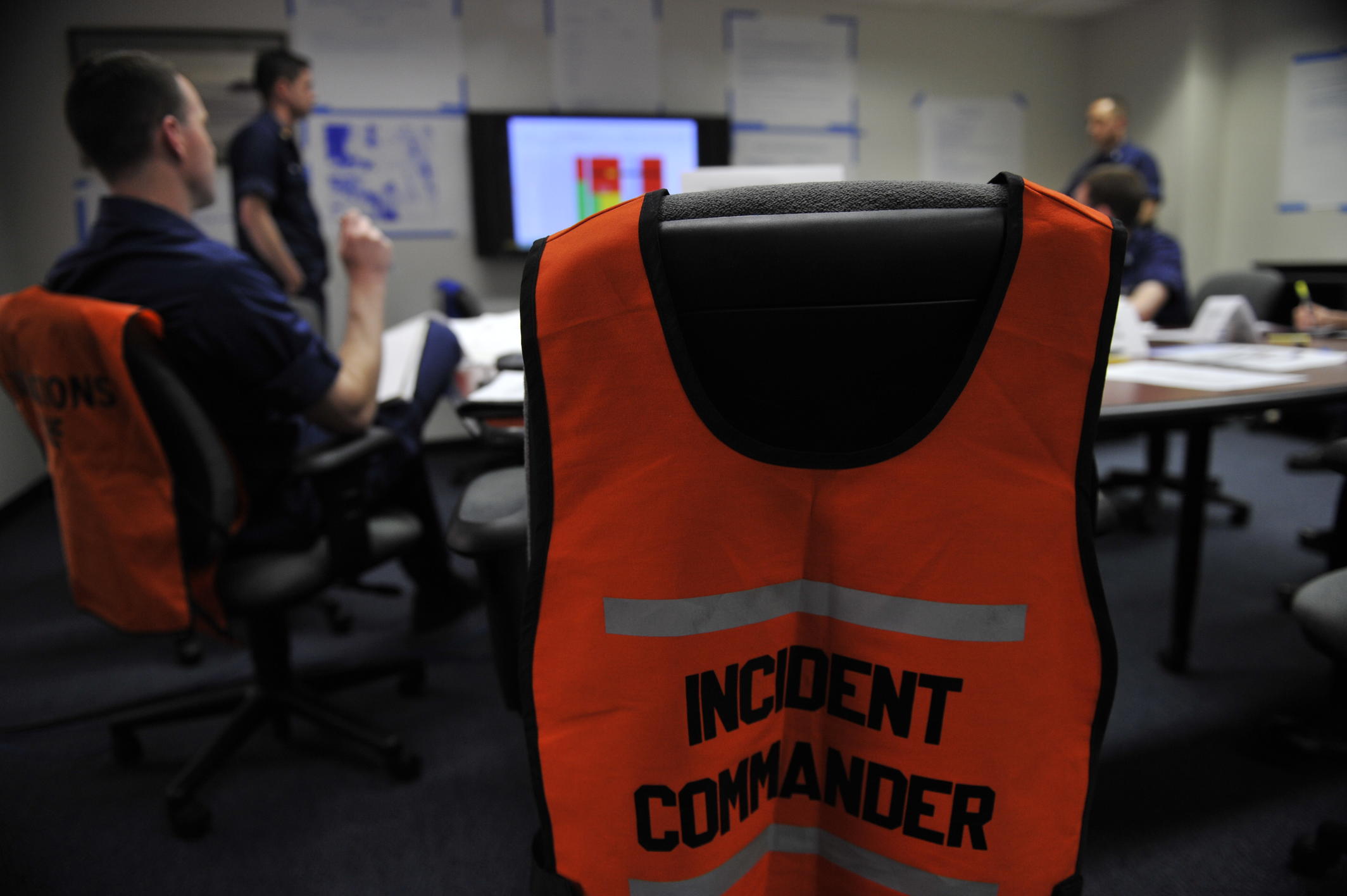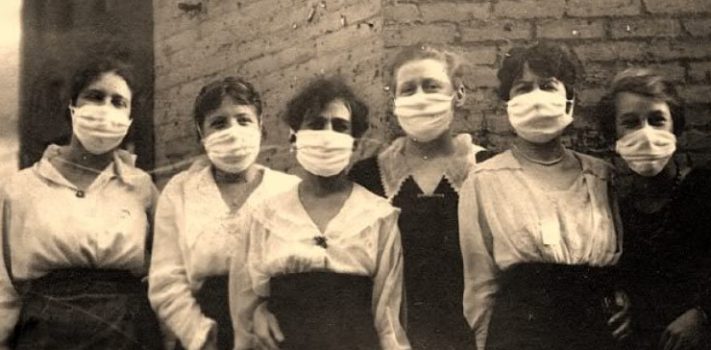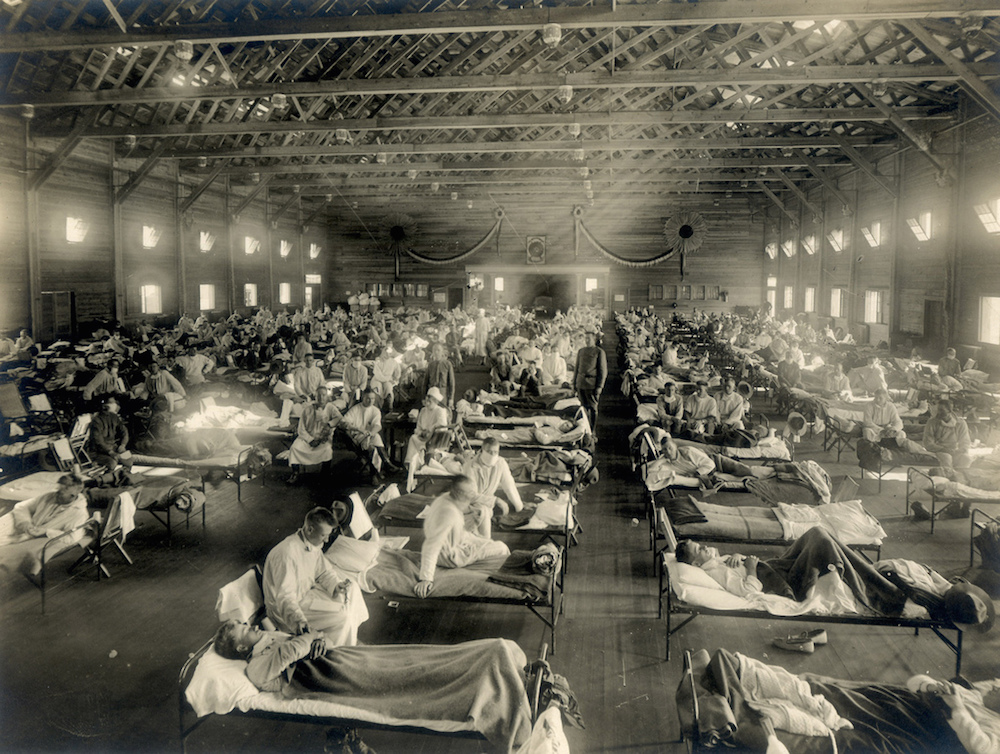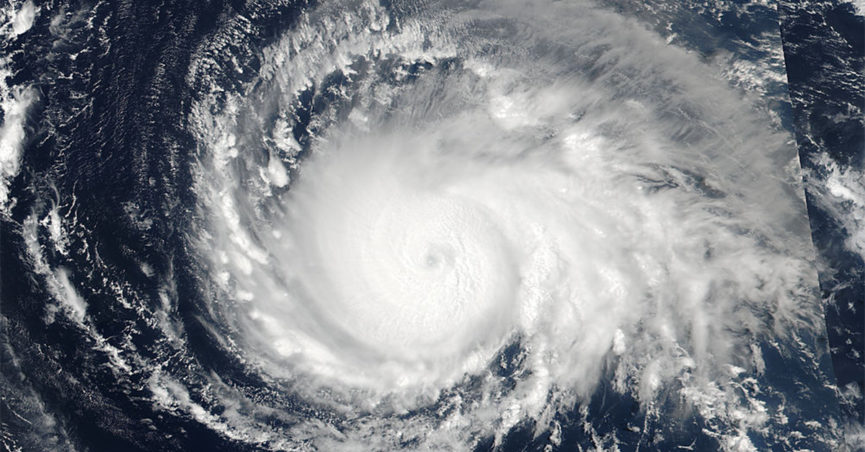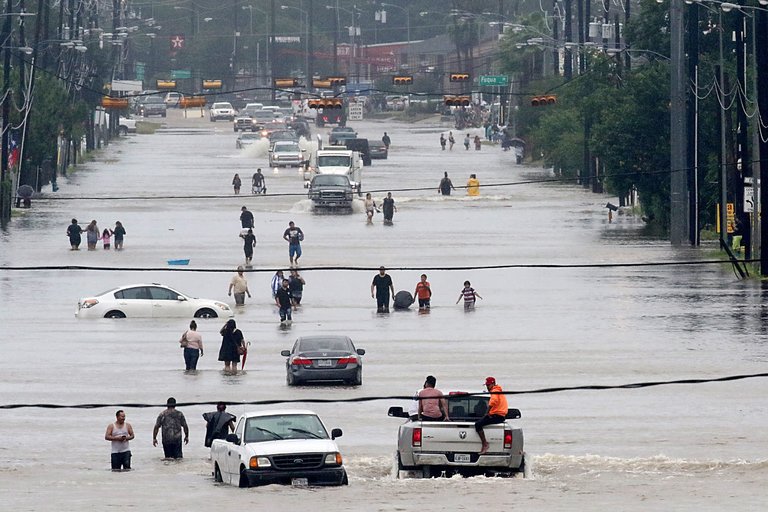Assembling a Stealth Prepper Group – Part 2, by PrepperDoc
(Continued from Part 1. This concludes the article) Developing your leadership skills If you work at this, you’ll gain many skills in the areas of operational communications, and in logistics as well. You’ll find the Professional Development Series will help your skillset for leading a volunteer group– whether a prepper group or an ARES group. You’ll be well accepted by the local Emergency Management folks for your willingness to help forestall the onset of anarchy in your community. Most emergency managers realize that communications is a weak spot in their own knowledge base, and if you come across as likable, …

